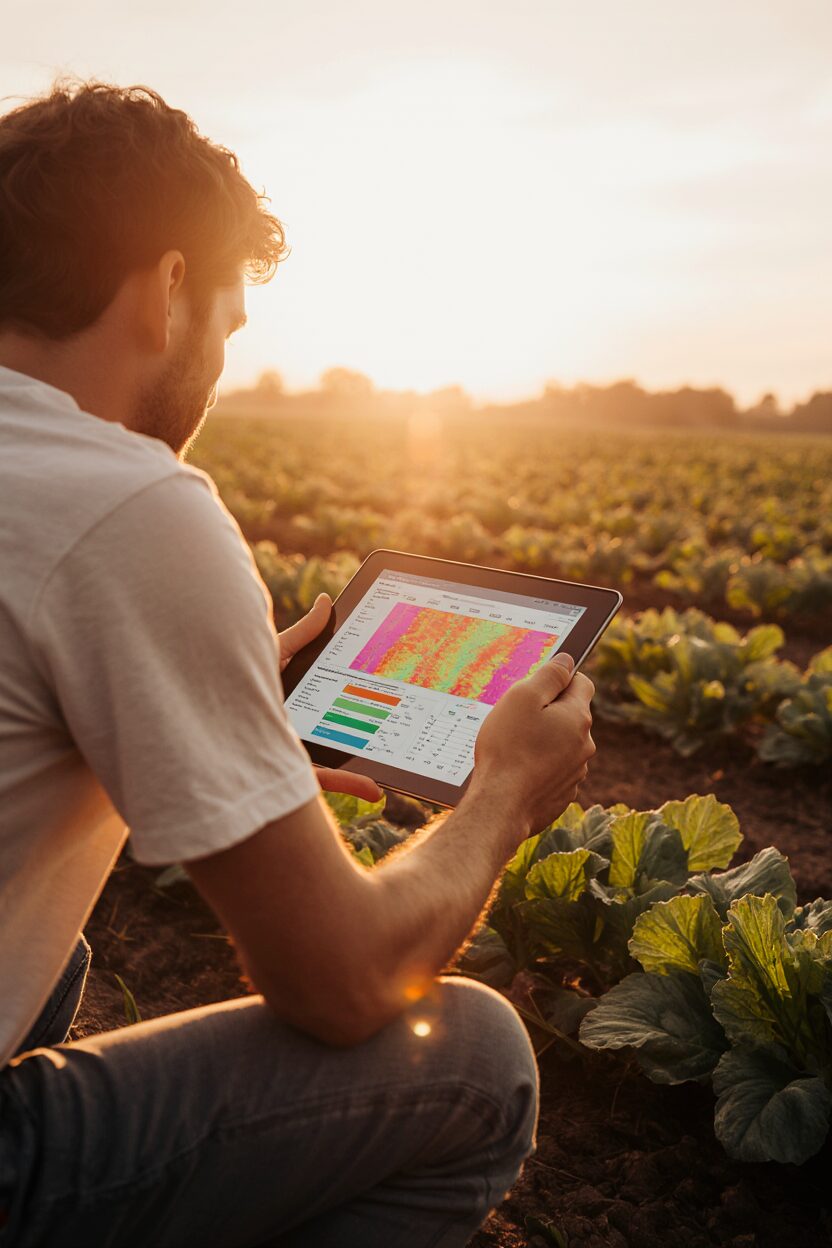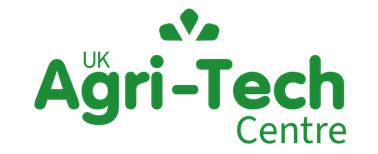Agri-tech built in partnership with nature
Transforming agriculture through intelligent data analytics forenhanced crop yield, sustainability and food security.
Data Dynamics is committed to developing new products that improve efficiency and environmental outcomes in the agri-tech space. We draw upon a wealth of technical expertise, having delivered successful projects for British Sugar, CHAP, BBRO and the Animal and Plant Health Agency among others.
We are particularly interested in supporting the transition to more sustainable farming practices and are looking for areas where technology can make a difference on the ground.
We are currently exploring the feasibility of a remote sensing and AI powered farm management and insights platform for small organic growers and supply chain stakeholders. The majority of organic farms are small growers and face a multitude of challenges due to the scale of their operations – i.e. labour, capital, multi-tasking, resilience. This in turn makes supply chains more challenging to manage and ultimately scale.

Industry Snapshot
Despite scaling challenges, the amount of organic farmland has grown from 15 million to almost 100 million Ha over the last 20 years, roughly 2.1% of global farmland.
Demand for organic has also remained strong despite the cost of living crisis. Current retail value $199 Billion up from $20 Billion in 2001.
Global demand growth is predicted to be 13% CAGR in the period up to 2032. The EU has committed to converting at least 25% of its farmland to organic by 2030.
Unlocking Agricultural Potential with AI
- Early pest and disease detection through advanced satellite imagery analysis can increase crop yields by up to 15% in some crops.
- Precision irrigation management systems have been shown to reduce water usage by up to 25% in agricultural settings.
- AI-driven nutrient management solutions enable more efficient fertilizer use, with some technologies decreasing application by 15-20% without yield loss.
- Integrated agricultural intelligence platforms are transforming farm productivity, with improvements of 5-10% reported in some cases.
- Climate risk assessment models are crucial for mitigating crop losses, potentially reducing impacts from extreme weather by 20-30%.
- Supply chain optimization tools address post-harvest losses, which could be reduced by up to 50% with improved management and technology.















